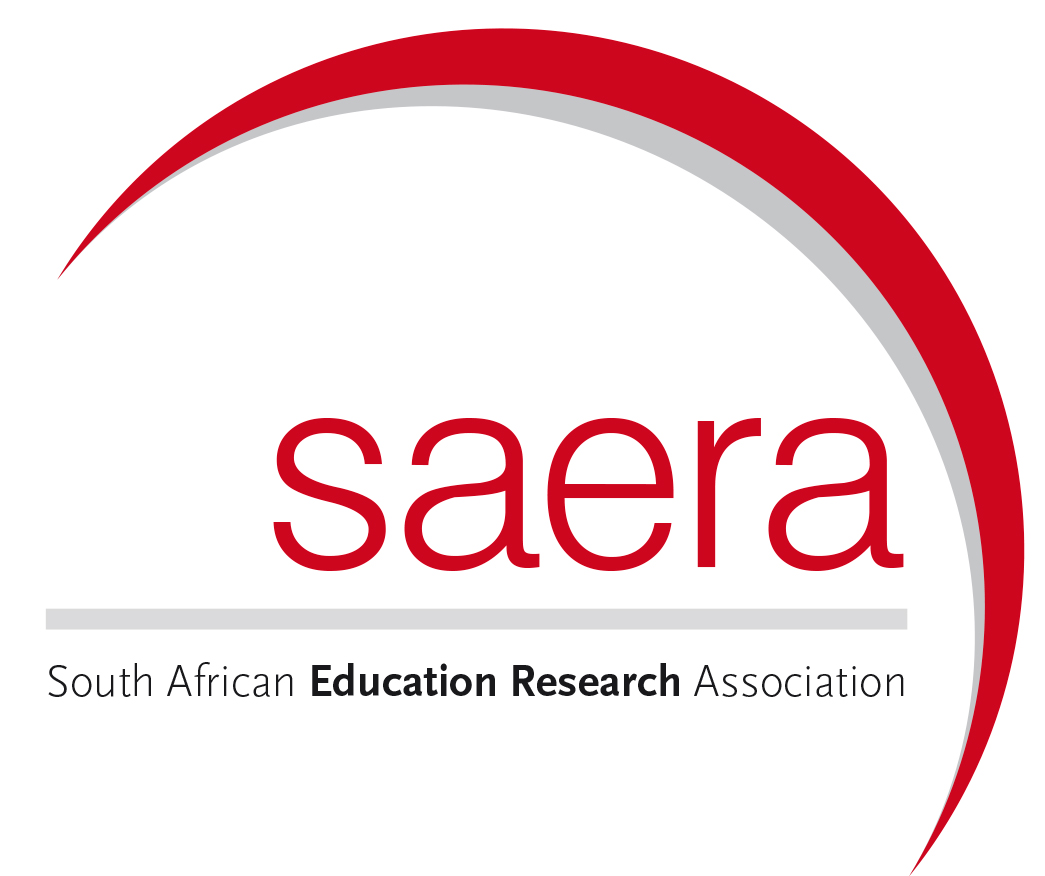Original Research
‘They are just women, what do they know?’: The lived experiences of African women doctoral students in the mathematics discipline in South African universities
Submitted: 30 May 2022 | Published: 19 October 2022
About the author(s)
Zamambo Mkhize, Department of Gender Studies, Faculty of Humanities, University of Cape Town, South AfricaAbstract
Background: The presence of African women in mathematics has been nearly invisible. The underrepresentation of African women in this field is a result of their historical socio-political marginalisation. The mathematics discipline is politicised, racialised, and gendered to systematically oppress African women. The mathematics fields continue to be a masculine and white male dominated field, which reinforces and preserves masculine culture which is hostile and unwelcoming to women. African women mathematicians are further oppressed because of their racial and gendered identities in fields that are ideologically founded on proving the racial, gendered, social, cultural, and intellectual inferiority of Africans.
Aim: The article aims to exemplify the lived experiences of African women doctoral students in the mathematics disciplines in South African universities. The article critically interrogates the factors that influence the participation, progression, and retention of African female doctoral students in the mathematics disciplines.
Setting: The article comes from a larger study which investigated the reasons why African doctorate students do not become academics after they receive their doctorates in science, technology, engineering and mathematics (STEM) disciplines in South African universities. This paper focuses on the experiences of 10 African female doctoral students at five universities in South Africa. The universities were selected because they ranked in the top five in South Africa. Two of the institutions are historically Black universities and the rest are historically white institutions, with one historically Afrikaner-speaking university—between 2019–2021.
Methods: This article employed a qualitative research methodology, where semi-structures interviews were conducted with 10 African female doctoral participants in mathematics disciplines in five South African universities and is underpinned by the theory of intersectionality.
Results: The findings reveal how interlocking systems of oppression continue to influence the recruitment, retention, and progression of women in the mathematics discipline, thereby providing insight into the mechanisms that need to be altered and/or put in place to actively recruit African female doctoral students and retain them in academic positions.
Conclusion: The article concludes that despite the mathematics field proclaiming neutrality and objectivity nevertheless, African women still experience racism, sexism, and classism. The experiences of African women in mathematics are vital to understanding the reasons why there is a high attrition rate of African women in the mathematics discipline in academia and why they do not become academics when they could transform this discipline.
Keywords
Metrics
Total abstract views: 2282Total article views: 2141
Crossref Citations
1. The impact of the COVID-19 pandemic on educational transformation in African higher education: a systematic literature review on rural universities
Oluwatoyin Ayodele Ajani, Mncedisi Christian Maphalala
International Journal of Research in Business and Social Science (2147- 4478) vol: 12 issue: 8 first page: 445 year: 2023
doi: 10.20525/ijrbs.v12i8.2886
